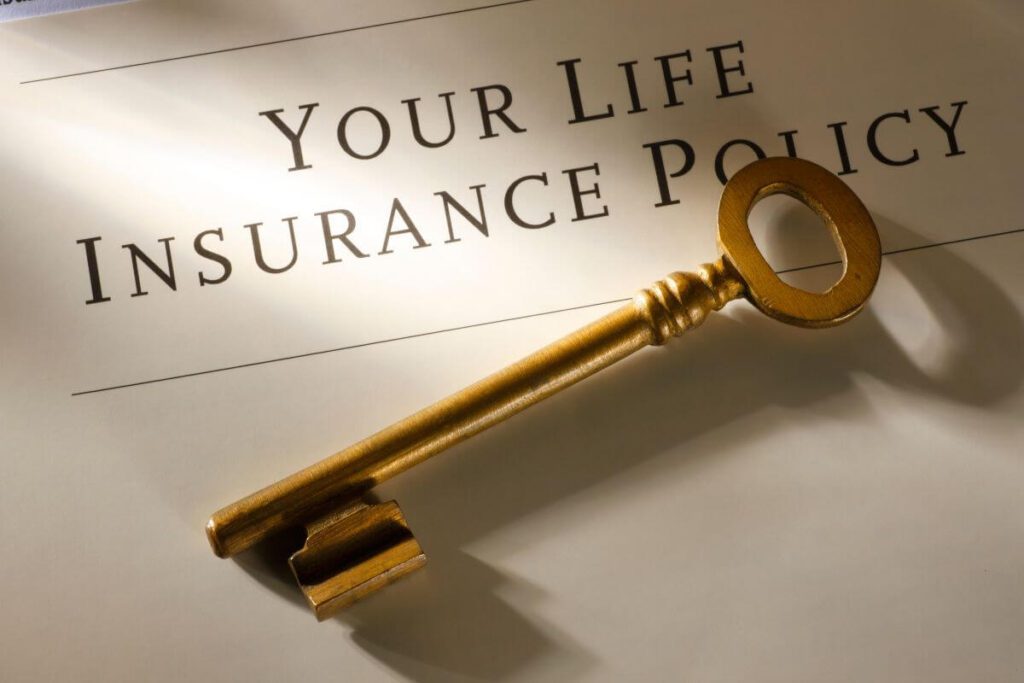When does a life insurance contract become effective and how to apply? These are just some of the questions people have when they are met with the thought of death.
Life insurance contract can give us peace of mind, knowing our loved ones will be financially protected if we die. With inflation, our family might not afford things in the future. This way, we can leave them something after we die.
Life insurance contracts can be hard to understand. That’s why we’re here to guide you through life insurance contract rules in this article.
Approval, Signature, and Premium Payment
A life insurance contract doesn’t start when you sign the application form. Three main steps decide when your insurance starts:
- Application approval: The insurance company reviews your details to see how risky it is to give you insurance.
- Policy signing: After approval, you get a document with all the rules. Make sure everything is right, sign it, and send it back.
- Premium payment: Life insurance isn’t free. You need to pay every month or year to keep it working. Your life insurance starts when the company gets your first payment.
The order of these steps can be different with each insurance company. Always check your policy documents or contact your agent for clarification.

The Underwriting Process
The insurance company might take a few weeks or months to review your application before approval. Things that can affect this time are:
- Your age and health: Young and healthy people get approved faster.
- Medical history: If you have past illnesses, it may need more records or doctor visits, taking more time.
- Lifestyle habits: Smoking, risky activities, or dangerous jobs can cause more checks and slow approval.
It might take a while to get approved, but the wait helps the insurance company figure out how much your policy will cost.
The Details of Activating Your Life Insurance Contract Policy
Life happens, and sometimes premium payments might be delayed. Most companies give you 30 days after the due date to pay without losing coverage.
However, grace periods aren’t an excuse for chronic late payments. Paying late often can end your policy.
In some rare cases, an insurance company might move your policy’s start date back a few days, particularly if your application and medical records were submitted promptly.
This makes your coverage start a few days earlier, which can help if something happens while you wait. Backdating is entirely at the discretion of the insurer and not a guaranteed benefit.

When Does a Life Insurance Contract Become Effective?
The effective date in your policy is the official start of your coverage. But there is a difference between coverage for death benefits and certain exclusions.
Death Benefits
Your life insurance contract policy provides coverage for death benefits from the effective date, meaning your beneficiaries will receive the payout if you die after this date (except for specific exclusions).
Exclusions
Some policies don’t cover suicide or accidents in the first year or two. This lets the insurer check your details.
So, check your policy to see when they won’t pay.
When Does a Life Insurance Contract Become Effective: Conclusion
Knowing when your life insurance starts is important to make sure your loved ones are protected. The three main steps that start your coverage are application approval, policy signing, and premium payment.

The underwriting process might take some time depending on your health and lifestyle, but the effective date usually marks the start of your coverage for death benefits.
Some exclusions have waiting times, so always read your policy for details. If you have questions about when your coverage starts or other details, ask your insurance agent.
You can make sure your life insurance acts as a safety net by demystifying these details, offering financial security for your loved ones when they need it most.










